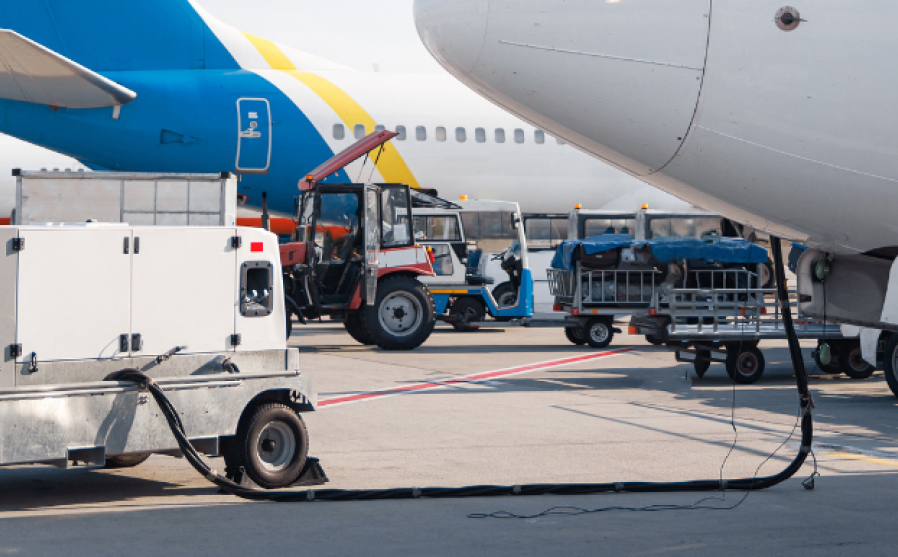Ohio Soybean Association Acknowledges SAF Feedstock Eligibility Inclusion, But Concerns Remain

Late yesterday the U.S. Treasury Department issued long-awaited guidance on the sustainable aviation fuel (SAF) tax credit, shedding light on soy feedstock eligibility. The Ohio Soybean Association (OSA) acknowledges the significance of an additional pathway for soybean oil’s eligibility for the SAF tax credit but has concerns about the mandated farming practices for feedstocks to qualify.
Established under the Inflation Reduction Act, the SAF tax credit (40B) will run from January 1, 2023, to December 31, 2024, before transitioning to the Clean Fuel Production Credit (45Z). Preliminary Treasury guidance in December 2023 already recognized soybean oil as an eligible feedstock for the 40B credit through the Renewable Fuel Standard pathway, resulting in a $1.25 credit for soybean oil-based SAF. An additional pathway allows for a higher credit, but the criteria for soy eligibility are stringent, posing challenges for many farming regions.
For soybean oil to qualify through the new pathway, production of soybeans will be required to employ both no-till and cover cropping. OSA is concerned that the new pathway has missed an opportunity for the SAF industry to reach its full potential by imposing these strict requirements. While OSA acknowledges the importance of maintaining high standards for environmental stewardship, we must also ensure that these standards are attainable for farmers.
While many farmers in Ohio already utilize no-till and cover crops on their operations, conditions out of farmers’ control such as weather and soil type limit fields where such practices are feasible. Additionally, the increased costs associated with such practices could pose significant economic challenges for implementation on family farms throughout Ohio.
“Soybean oil is a feedstock that already reduces greenhouse gas emissions over traditional petroleum jet fuel by 50 percent today, even before factoring in on-farm practices like no-till and cover crops,” said OSA President Rusty Goebel, who farms soybeans in Williams County. “Our nation’s transition to SAF has to start somewhere – let that start include all soybean oil regardless of farming practices.”
OSA is concerned that making these practices a requirement for the 40B tax credit will limit the very feedstocks that can help the aviation industry reduce emissions dramatically, now and for many years to come. Moving forward, OSA urges policymakers and industry stakeholders to collaborate with soybean growers to develop tax credit pathways for SAF production that are both environmentally sustainable and practical for all farmers, and we are eager to advocate on behalf of Ohio soybean farmers in these discussions.

